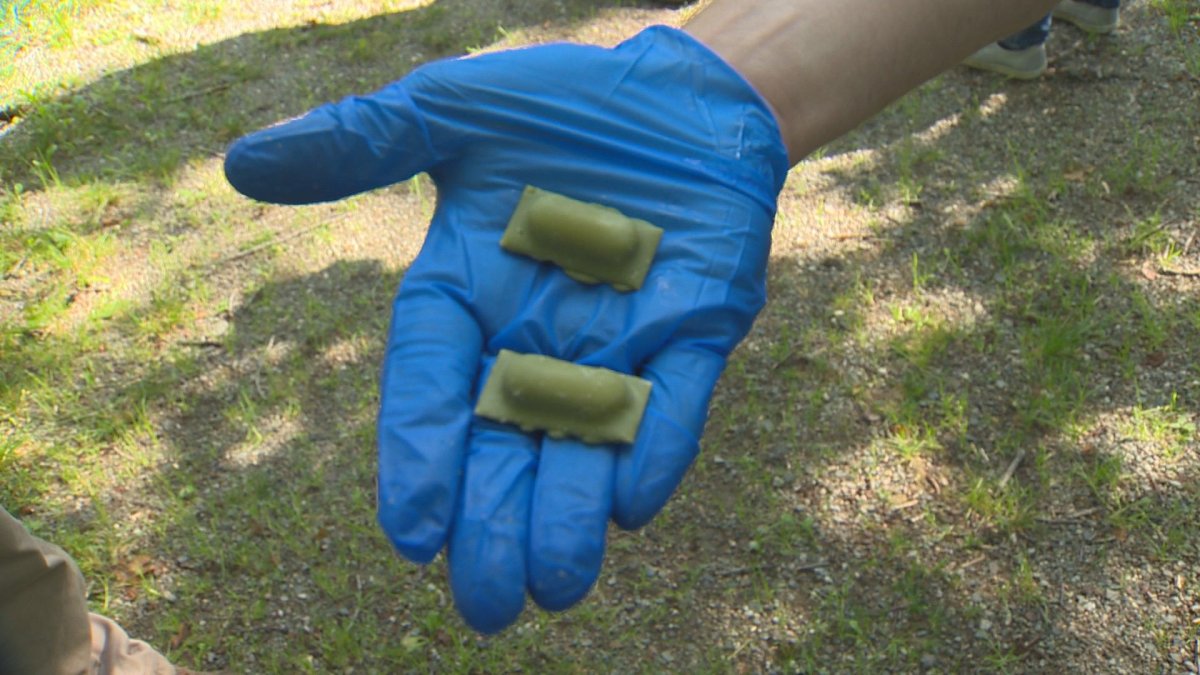The province announced Friday it will continue its rabies prevention and control measures from late July to September.

The first confirmed case of rabies this year was found in southwestern New Brunswick. This year, the area will be targeted for the province’s annual Wildlife Oral Rabies Vaccination Program.

According to a release, oral rabies vaccine bait for raccoons, skunks and foxes will be distributed by hand in 15 communities, including: St. Stephen, Saint Andrews, St. George, Minister’s Island, Elmsville, Utopia, Pennfield, Seeleys Cove, Blacks Harbour, Campobello Island, McAdam, Woodstock, Centreville, Waweig and Tower Hill.
In addition, an aircraft will be used to distribute the vaccine bait Aug. 10-16.
“Distributing oral vaccinations to vulnerable wildlife populations remains a highly effective way to prevent rabies from reaching domestic animals or humans,” said N.B. Agriculture, Aquaculture and Fisheries Minister Ross Wetmore, in the release.

Get daily National news
The first case of raccoon-variant rabies in the province was reported July 4.
- Alberta government takes aim at GHG emissions cap, proposes rules on trespass and data gathering
- Nations have agreed to $300B for climate funding. How will they pay for it?
- UN climate talks agree on $300B global funding package for poor nations
- Powering an e-bike using disposable vapes is about more than engineering
The raccoon kit tested positive after being held by two children in Charlotte County.
Global News reported the risk of transmission was low, according to the province. Both children received preventative treatment.
Friday’s news release says only one case of raccoon-variant rabies was found in 2019, and the first-ever case in the province was reported in 2017.
It also says the vaccine poses little risk to humans or domestic animals.
However, people should keep a safe distance from wildlife and ensure their pets’ vaccines are up to date.
The release says to seek medical attention promptly if bitten or scratched by an animal that could potentially be rabid.
The public is urged to report animals with rabies-like clinical signs to Tele-Care 811.








Comments